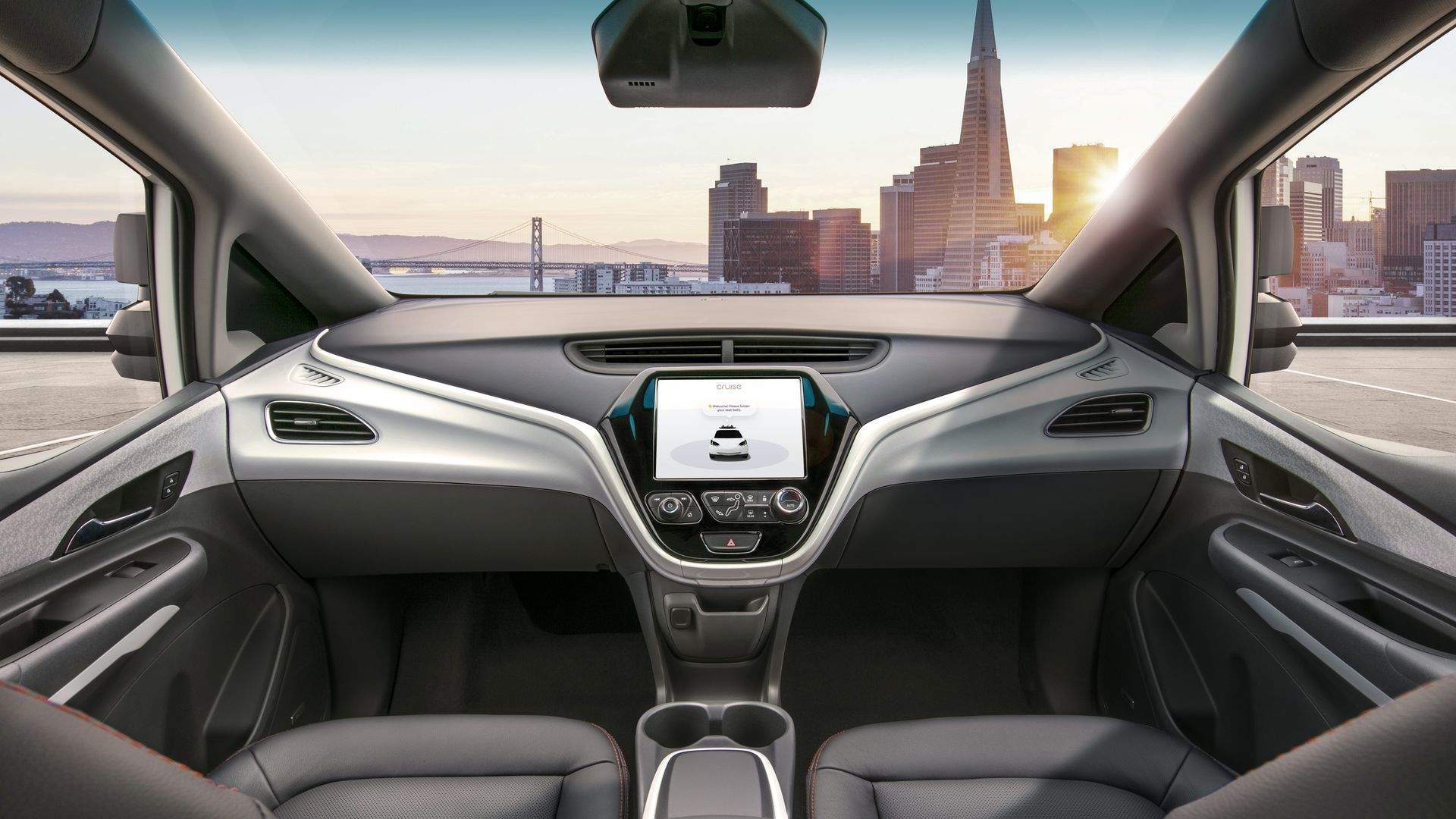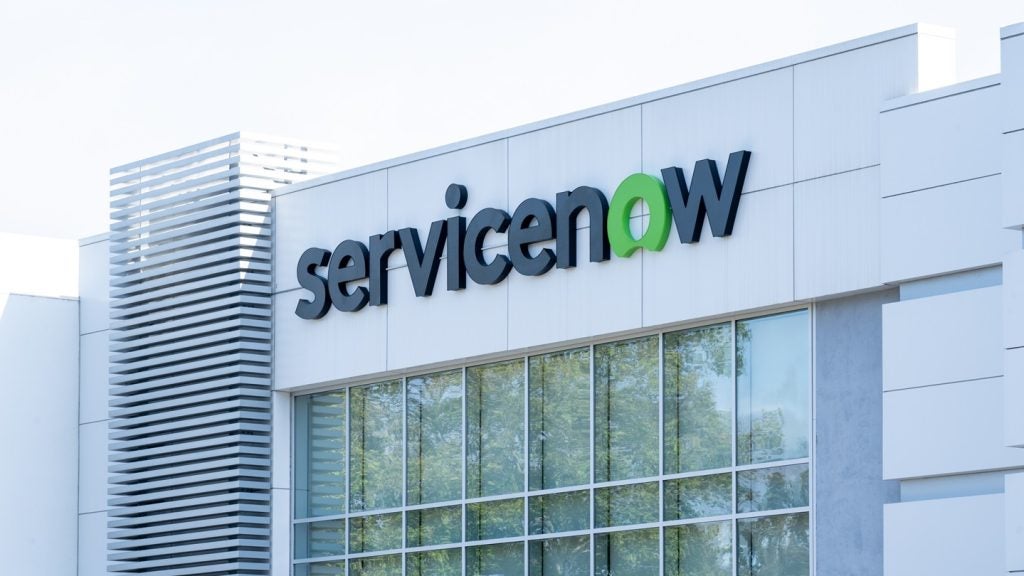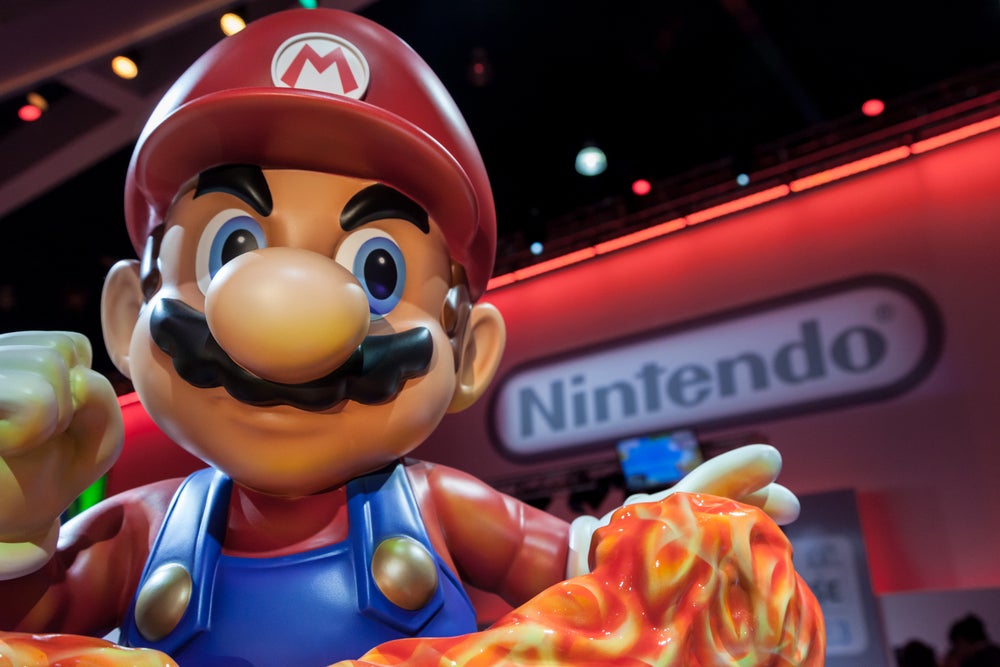
Japanese technology giant SoftBank has confirmed the status of General Motors’ autonomous vehicle unit Cruise as a key player in the emerging self-driving car market by investing $2.25bn.
The investment through the SoftBank Vision Fund is the latest in a long line made by the company, which have propelled it to record annual profits.
Comprising a $900m upfront investment and a further $1.35bn following commercialisation in 2019, the deal will see SoftBank hold a 19.6% stake in General Motors (GM) Cruise.
The announcement has been welcomed by investors, prompting a GM share price rise of around 10% in the first hour of trading.
Cruise, which began life as a startup in 2013, was bought by GM in 2016 for an undisclosed amount, thought to be around $1bn.
GM has also invested an additional $1.1bn in Cruise to coincide with SoftBank’s announcement.
A vote of confidence for General Motors’ self-driving Cruise project
The driverless car market is becoming increasingly competitive, with offerings emerging from both established automotive brands such as Mercedes and technology firms that include Google’s Waymo.
SoftBank has said that it researched other driverless car manufacturers while considering the investment, so the fact that it selected GM Cruise is a strong sign for the company’s prospects in the self-driving space.
“GM has made significant progress toward realising the dream of completely automated driving to dramatically reduce fatalities, emissions and congestion,” said Michael Ronen, managing partner, SoftBank Investment Advisers, of the company’s investment decision.
“The GM Cruise approach of a fully integrated hardware and software stack gives it a unique competitive advantage,” he added.
“We are very impressed by the advances made by the Cruise and GM teams, and are thrilled to help them lead a historic transformation of the automobile industry.”
“Massive scale” driverless car deployment
While some self-driving products are being positioned for niche markets or applications, such as the driverless shuttles trialled in London’s Greenwich, GM Cruise looks to be gearing up for significant use levels.
“We look forward to partnering with SoftBank as we work toward deploying this technology safely and in massive scale,” said GM president Dan Ammann.
Significantly, this is also not a long-term plan.
As part of the investment announcement, GM confirmed that it plans to reach at-scale commercialisation in 2019, although did not specify which quarter.
“Our Cruise and GM teams together have made tremendous progress over the last two years,” added GM chairman and CEO Mary Barra.
“Teaming up with SoftBank adds an additional strong partner as we pursue our vision of zero crashes, zero emissions and zero congestion.”
Potential partnerships in ride-hailing
Ride-hailing has become a core part of many driverless car companies’ long-term plans, with many seeing it replacing vehicle ownership for a large portion of customers.
This perception of driverless cars has led to rapid development by leading ride-hailing firm Uber – with considerable issues along the way – as well as the announcement of new on-demand services such as the planned Waymo Driverless Service.
GM Cruise’s partnership with SoftBank also paves the way for the driverless car manufacturer to compete in this space, thanks to a number of SoftBank’s other investments.
In China, for example, SoftBank has interests in ride-hailing service Didi Chuxing, which has been expanding in the Asian market,
The company also has investments in Uber, although CEO Masatoshi Son has threatened to pull these in favour of rival Lyft.
The partnership even gives GM Cruise a way into the increasingly lucrative food on-demand industry thanks to a $535m investment from SoftBank in food delivery company DoorDash.







